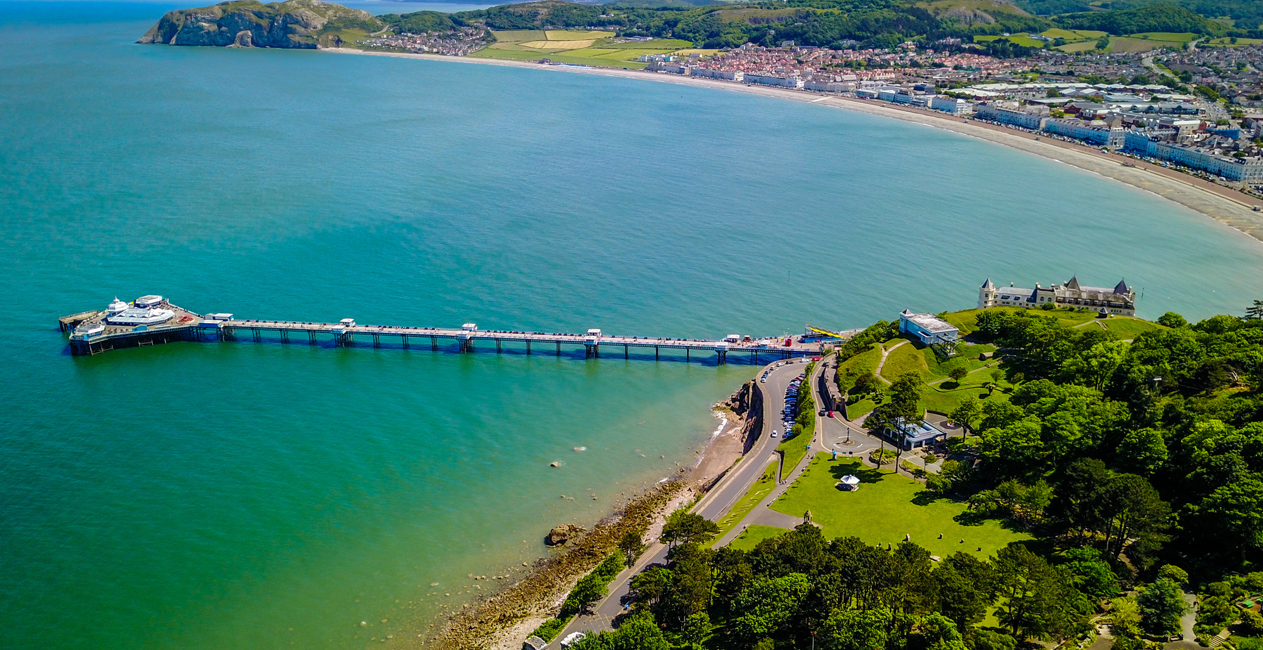

Wales or Cymru in Welsh derives from the Brythonic word Cymbrogi meaning ‘fellow countrymen’. Currently the population of Wales is approximately 3.2 million with over 20% able to speak the Welsh language. The capital Cardiff is the capital city of Wales.
For decades Wales has been known for its industrial economy, where much wealth came from raw materials such as coal and slate. Many people in both north and south Wales will have great grandparents and grandparents that worked on farms, slate mines, coal mines, the steel industry, on steam engines and in factories. Our ancestors might even have migrated from outside Wales and settled here to work in these primary and secondary industries.
The new Wales is a much heathier, a much cleaner and greener place; many of the dangerous and polluting industries have disappeared and Wales is transforming itself into a destination that many from all over the world wish to visit for holidays and leisure activities. At the end of the Victorian era tourism was thriving in Wales and Welsh seaside resorts developed the latest attraction in the form of seaside piers. Latest attractions in recent years include adventure opportunities to include coasteering, zip wires and skateboarding down mountains. Once again Wales is at the forefront of exciting holidays destinations and activities!
Wales has many centuries of history and historic buildings; a range of landscapes and habitats, beautiful hills, valleys, coastal paths and sandy beaches. Wales has wide range of wildlife, both on the land and in the seas around us. There are places to stay to suit a wide range of budgets whether in the hills inland or around the spectacular coastline. There are places that provide leisure activities to suit many different ages, abilities and interests.
This issue considers what Wales can offer to people who wish to visit. It also asks questions about how a country adapts to change in economics, industry and society.
Welcome to Wales!
Well everyone welcome back to my own blog, where I share with my friends some of what I have been doing as well as some of my thoughts especially when I would like to know your thoughts too!
Mum and I went to North Wales, she wanted to see Snowdon and the coastal areas, especially the Victorian piers they have in the seaside towns. She also wanted to go to Bodnant Gardens. However, my favourite was Zipworld at the old Llechwedd Slate Mine near Blaenau Ffestiniog. I was worried that I would be too young to go on the zip wires that go across the mountains of slate waste and underground where thousands of tons of slate have been dug out to roof buildings across Wales and the world! But they let me on as I was the right age to go on the wires above ground and underground in the huge manmade caverns!
Wow it was just awesome especially as mum was up for it as well! We flew together through the air at terrific speed! However, I was not terribly sure as I looked around what I felt about the change from the slate industry to a place for leisure.
I wondered what the old slate miners would think, thousands of men originally sweated through their lives here for many years, and most of the slate was taken out by hand, cut and shaped by these hardy characters. The mines even had their own hospital and mortuary as there were so many accidents.
Do you think that we should forget all the hard work and suffering in industrial areas like the Llechwedd slate mine?
There are good points in this change? Zipworld activities are providing fun activities and useful employment to many from this area. They attract people from all over the world to visit and to stay in Wales but shouldn’t we have more respect for the history?
I would love to know what you think about this! Having raised these questions I must tell you that I really thought it totally awesome and am going to save up for another visit! Tell all your friends!
I am glad I live today and not in the age of coal and slate!
Sofia
Welcome back to my blog, where I share with my friends what I have been doing as well as my own thinking…
Mum wanted to go for a break to Pembrokeshire so we could spend some time walking on the coastal path. Wow, I thought she was only into shopping and sunbathing!
We had a great time on the Pembrokeshire Coast National Park, but the biggest surprise was where she had booked for us to stay!
She had booked one of the first floating “glamping pods” which are now anchored in Milford Marina. Years ago (not that long ago according to Tadcu) this was a very busy dock onto which millions of tons of sea fish were landed, put into ice boxes and sent up the line by steam train to places like Cardiff, Birmingham and London.
On the quay is a museum that has old sepia toned photographs. Locals say that when it was at its peak you could walk from one side of the dock to the other without getting your feet wet as the docks were packed with whalers, trawlers and other ships and boats!
The Milford Haven Port Authority have recently overseen the regeneration of this part of Wales and have demolished the old fish filleting and packing buildings and replaced them with modern shops and apartments. The trawlers and other working boats have mainly gone and have been replaced with leisure craft like yachts and other boats. They are about to build multi storey hotels here too.
How sad I thought for all those who made their living from fishing and even whaling working from these docks to see it all demolished and their lives forgotten.
Would you agree that we should remember how things were, but move on to a brighter future?
Pembrokeshire is becoming more and more popular they say as a “honeypot” to attract tourists from away. The locals I met said that this was good, however they mention that car parking charges and house prices are now going up, and they are also worried that the local hospital and doctors might become overwhelmed.
What are your views, is all change good?
Should Wales be promoting tourism or looking after those who already live here? In the end it will be you and me that will inherit all of this, so we need to all be aware of the lovely country we live in.
Well, I will get off my “soapbox” now?!
Let me have your views!
Sofia
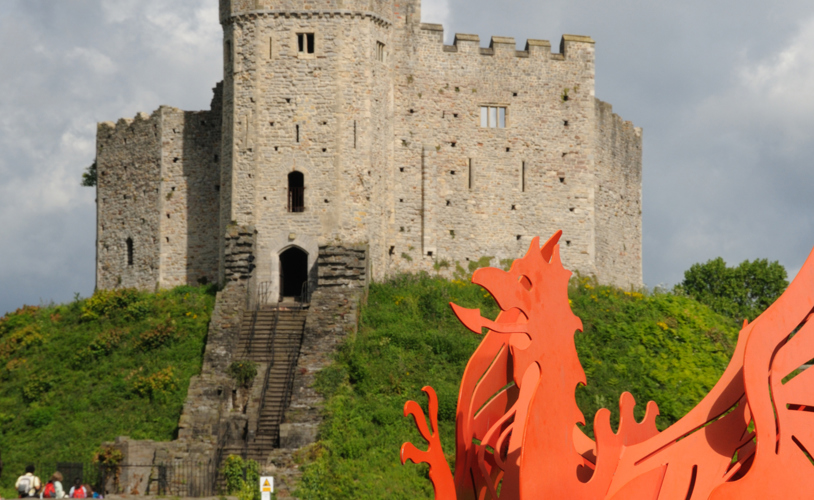
There are many opinions on the best places to visit on holiday in Wales.
For example in 2018 the Daily Mirror published a list of what they considered to be the ten most beautiful places to visit.
Their article says:
”If you're thinking of a staycation, then there are plenty of reasons why Wales should be top of the list for your next break. After all, it boasts some breath-taking landmarks and seriously spectacular scenery too.
From epic sweeping landscapes to picturesque villages and historic castles, there are plenty of spots you won't want to miss out on whether you're after a day out or a mini break destination.”
Why not make your own list of places you would like to visit or places you think are the ten best holiday destinations in your opinion? Why?
The Welsh Way!
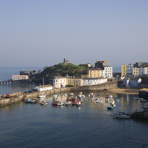
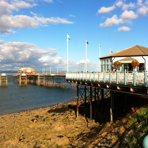
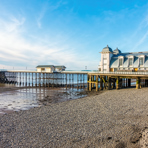
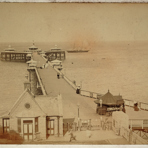
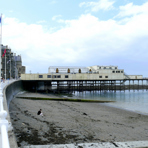
Sofia:
Well mum has said that she is going to take us to Llanberis, we are going glamping, and then walking up Snowdon together, though I reckon she will cheat, and we will go up on the train!
Kamal:
I hope you manage to get to the top; it has just been horrendous this year because of the number of people walking up there! They say that more than ten million people visit Snowdonia every year and at least 600,000 get to the peak and it’s not that big!
My family tried to reach the summit in August. We found ourselves in a long queue to reach and stand on the summit! It was well worth the effort when we actually arrived, the view was amazing!
Sofia:
Mum says it has been really busy because people from the UK haven’t gone abroad this year because of the pandemic. I think it is absolutely brilliant that so many people have come to Wales. It’s just brilliant that they feel so welcome here and spending money that they would have spent abroad.
Ceri:
Hello both, can I put my view over as well? I live in Beddgelert and my dad runs a hotel there. He would definitely agree. We really need to have the money that tourists bring into our area and he says you must “make hay whilst the sun shines”. Our hotel has been full and we have been turning away bookings!
Kamal:
Sorry both; having so many people walking up Snowdon is beginning to cause problems. The paths are eroding, and the environment being spoiled by having too many people there at one time. Also I have seen reports that a lot of litter has been left on the mountain! They are considering charging people to walk up now, and using the money raised to restore the paths.
Ceri:
What? They shouldn’t even think of charging! It’s our mountain we are local! What a cheek!
Sofia:
Mum says that there is always a balance. Does anyone else reading this have a view as I am not too sure what I think now! I know that we should make people welcome. I have just found this in BBC News for North Wales. Crazy! What do you think?
https://www.bbc.co.uk/news/uk-wales-53978894
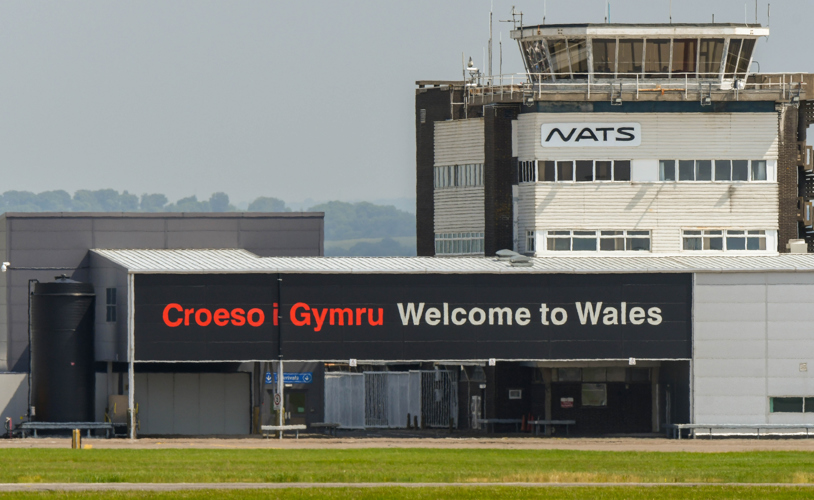
Welcome to Wales
If you are fortunate enough to already live in the countryside or the coast of Wales you might not realise that many people living away or living here in cities would be so envious of you. Sometimes we all need to stop and consider how fortunate we to live here. What makes Wales special to you?
In this activity there are a set of statements relating to Wales that might tempt someone visit and stay. Can you decide how you would order the statements below in terms of priority to you. What would attract you the most to Wales?
There are no correct answers it is your choice of preference based on your ideas and interests. What would be in your top 5? What would you add to the list?
Far away a voice is calling
Bells of memory chime,
Come home again, come home again
They call through the oceans of time.
We'll keep a welcome in the hillsides
We'll keep a welcome in the Vales,
This land you knew will still be singing
When you come home again to Wales.
This land of song will keep a welcome
And with a love that never fails,
We'll kiss away each hour of hiraeth
When you come home again to Wales.
We'll keep a welcome in the hillsides
We'll keep a welcome in the Vales,
This land you knew will still be singing
When you come home again to Wales.
This land of song will keep a welcome
And with a love that never fails,
We'll kiss away each hour of hiraeth
When you come home again to Wales.
We'll kiss away each hour of hiraeth
When you come home again to Wales.
Out of copyright
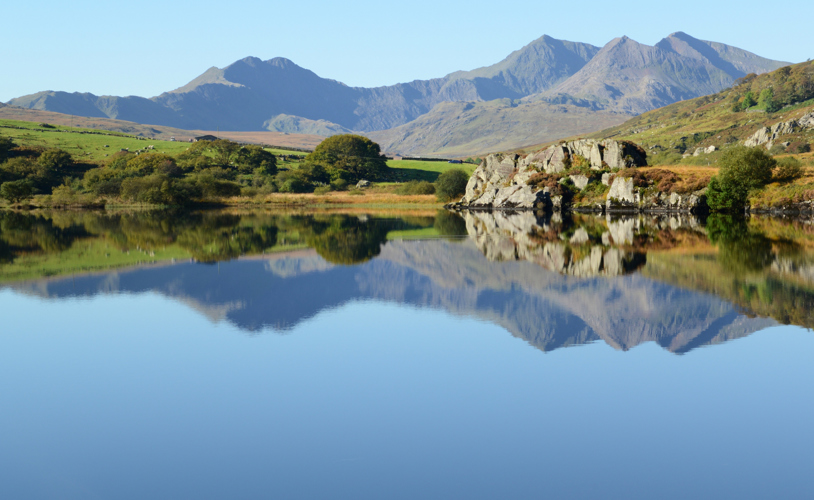
Sofia’s Tadcu often goes around singing this song. It was written in 1940 by Lynn Joshua and was the theme song in a radio programme called “Welsh Rarebit” produced by Mai Jones in Cardiff and broadcast every week across the world from the Cory Hall opposite Queen Street Station during World War II.
This was also an important time of great change in Wales.
Tadcu said it became really well known and the Welsh soldiers loved to hear it when they were serving away from home. One of the words of the song is a word that has no equivalent in any other language . “hiraeth”. Would you understand the meaning of this word? If not, can you find out? Tadcu says that the word sums up “what it means to be Welsh when you are away from home.”
The song remains popular even now and many choirs and famous Welsh singers have recorded it. It has also been used in modern TV advertisements for Welsh tourism.
A timeline of the rise of holidays in Wales
Towns like Colwyn Bay, Rhyl, Llandudno in the north, Llandrindod Wells in mid Wales and places like Barry Island and Tenby in the south became popular with the working people towards the end of Victoria’s reign. There was a rush to build promenades, piers and other leisure facilities as the railways arrived bringing tourists from far away! It was a time of huge change!
This was the time of development of steam railways which meant that for the first time many people could afford to travel further. Before this travel would have been by horse or in a horse drawn coach or around the coast by boat.
It also coincided with changes which brought in the first Bank Holidays. Eventually industries coal mining would arrange for their workers to have holidays such as “The Miners’ Fortnight” when special trains would be laid on to take thousands of workers to stay in guest houses by the sea.
In South Pembrokeshire even today, there are two special holiday trains; one from the Midlands and one from London that follow the special Saturday holiday timetable for visitors to Tenby.
There were also holiday camps which were developed by Billy Butlin that had rows of chalets, food served to thousands of “campers” every day and entertainment laid on in massive bars and theatres. There was one in Pwllheli and one in Barry Island, both closed before the end of the 1900s.
More recently we have seen an increase in static caravans, chalets and self-catering cottages as well as “pods” and “glamping”.